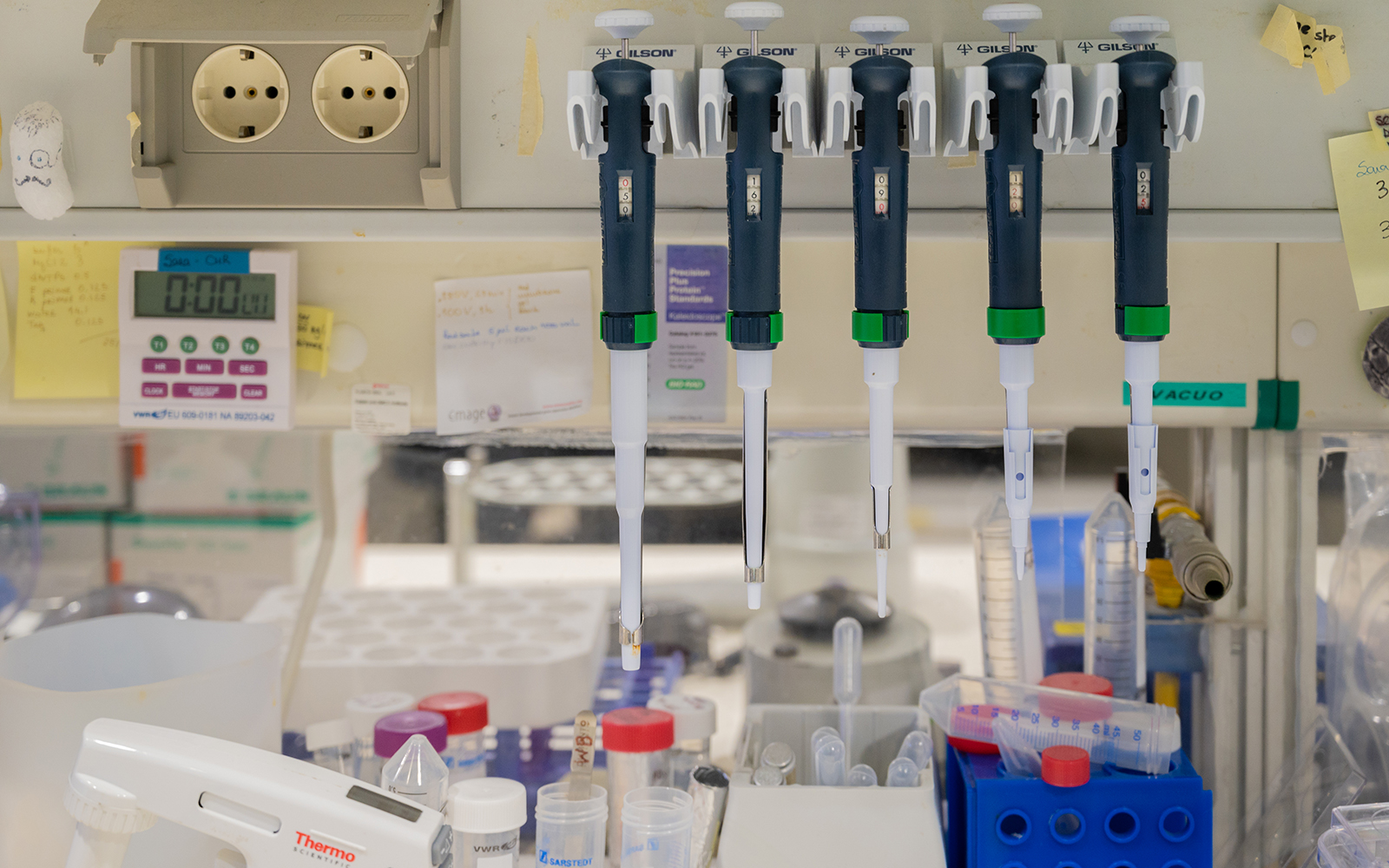Mutation and competition maintain a diverse microbiota

In our body, we have as many microbial cells as our own. A large portion of them live inside our intestine as part of our gut microbiota, where unique combinations of different species defend us against pathogens, maintain our tissues healthy and help us get the most out of the food we eat. But this ecosystem is everything but simple, with millions of bacterial cells constantly interacting and competing with each other, to survive and reproduce.
Each bacterium reproduces by dividing into two cells, a job that is not safe from occasional mistakes—mutations. Errors in duplicating genetic material are the main drivers of evolution as they can change new cells and their features. Then, depending on those and the ecology of the bacterial population, natural selection determines which cells grow or not. “This feedback between ecology and evolution, where the ecosystem affects the fate of mutants and these mutants can then change the ecosystem, can be complex, but is where things get interesting”, says Massimo Amicone, PhD student at IGC.
Yet how mutations shape populations that evolve in complex ecosystems remains an open question. In a study published in the journal EVOLUTION, a duo of IGC researchers looked at this question through the eyes of mathematical modelling, bringing together two often separate fields. “We built a model that combines laws from ecology and evolution and explains how the emergence of many mutations can generate and maintain high levels of diversity within populations like those inhabiting our gut”, explains Massimo, the first author of the study.
According to Isabel Gordo, IGC principal investigator who co-authored the publication, “if you introduce the realistic assumption of many mutations occurring in a population that is competing for limited resources, which we have validated to occur in the gut microbiota, a world of possibilities opens up for diversity to thrive.” In fact, combining ecological and evolutionary principles revealed patterns that would not have been predicted otherwise.
Imagine a group of identical bacteria living in our gut. When encountering unusual food resources, their gateway for survival becomes acquiring mutations that improve the way they consume them. This adaptation process can have two expected outcomes: either a single “super-bug” emerges, by efficiently consuming all resources, or several groups of bugs coexist, by eating differently and limiting the competition among them. “Our model characterizes the probabilistic nature of two distinct outcomes: eat all dishes in the restaurant or be more specialized on fish or meat. Knowing the initial population is not enough to predict what will happen, as both modes of adaptation can occur even if everything else is the same. But, knowing how the population mutates can tell us which outcome is more likely”, Isabel details. If few mutations occur, the population will likely evolve as a uniform group, thus reducing diversity. If many mutations occur, the population will more likely give rise to distinct groups, thus increasing diversity and potentially forming different species.
This study makes a series of predictions about the mechanisms of adaptation under competition that the group led by Isabel Gordo will test in the future. It highlights the importance of considering evolutionary processes when dealing with populations of bacterial or cancer cells, which are subjected to many mutations. “This theoretical work can help us explain the extensive microbial diversity we observe within the gut of humans and mice. It is thrilling to think that inside us, as we speak, a species can become many”, Massimo remarks.
Read scientific paper
